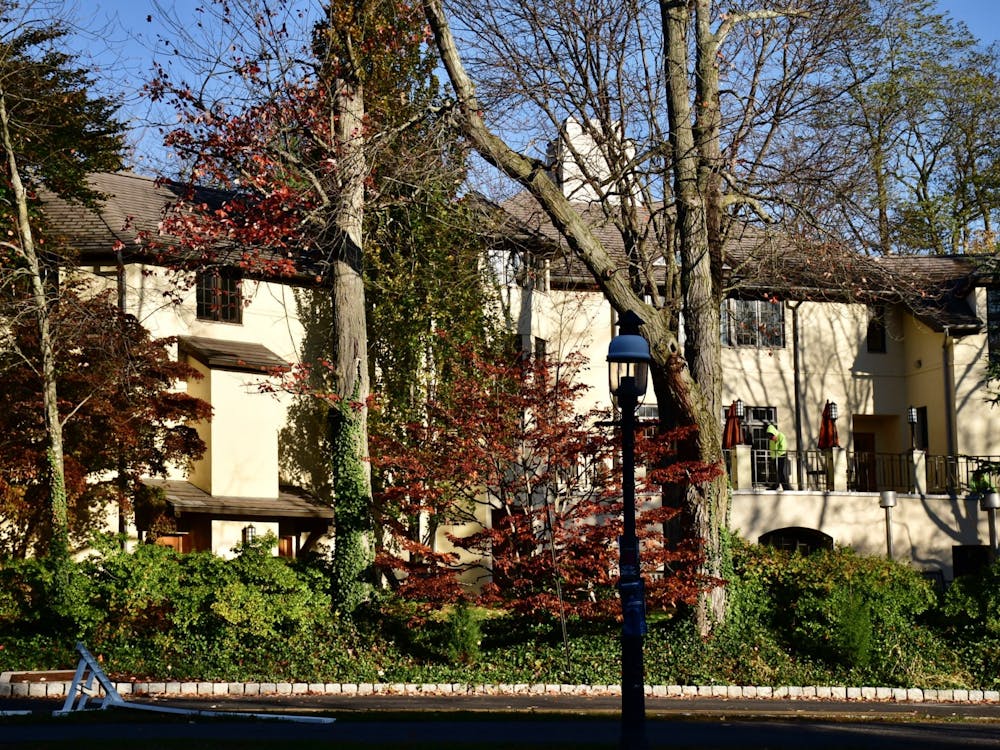How do we measure who we are through the lens of a national tragedy like the shooting at a synagogue in Pittsburgh? When these disasters happen, we often signal our solidarity by saying, “We are all Pittsburgh,” or Charlottesville, or Orlando, or others of the too many places where unspeakable hatred and ignorance combine to incite murder and mayhem, and to ignite tragedy and horror.
This time, for me, the metaphor is too literally true. The Tree of Life synagogue is one block from the house where I lived as a teenager and where my family lived for 40 years. Squirrel Hill, the Jewish community in which it’s anchored, is where my Russian Jewish immigrant grandparents settled in Pittsburgh.
What the news reports say is true. The Jewish community in Pittsburgh is vital, visible, and strong. Speaking on CNN about the two brothers among the 11 killed by the anti-Semitic white nationalist who attacked Tree of Life during Shabbat services on Saturday, Oct. 27, my cousin, Jeff Solomon, described its inclusiveness. He recalled how accepting we all were of Cecil and David Rosenthal, who we would now say were “developmentally disabled.” When we were growing up, we didn’t have that language. We whispered to one another about their difference, but we were gentle and warm with them. That’s what an inclusive community does.
Hearing “We are all Pittsburgh” hails me back to my hometown and its Jewish community. But some of the anguish of this moment, in addition to my grief for the dead, is that I left Pittsburgh partly because of my unease in Squirrel Hill. I grew up there in the ’70s and always felt myself simultaneously part of and different from the Jewishness that cocooned my family.
Bari Weiss, as she details in her New York Times op-ed, grew up where I did a generation later; she calls Squirrel Hill an “urban shtetl.” I found that tribalism both affirming and limiting. In high school, I suspected I was a lesbian. I didn’t want to marry (and couldn’t have married a woman then in any case) and didn’t want to have children. I felt constrained by the presumption that I would secure a Jewish future by carrying on family traditions and making my home in the same place and the same ways with which I’d grown up. I longed to experience different ways of being in the world.
When I left Pittsburgh for college, I was eager to explore what I believed outside of the Jewish faith in which I’d been raised. I wanted an identity I could fashion and choose, not simply the one to which I’d been born.
After I left, I found other ways to appreciate what I’d been taught as a Pittsburgh-born Jew. Once I became a lesbian and a feminist academic, I could look back on what I felt as the orthodoxies of the Jewish community in Squirrel Hill with critical generosity. I came to embrace the Jewish ethical and ritual traditions I’d absorbed despite my early ambivalence.
The tragedy of the Tree of Life shooting returns me to these affinities of place and birth. When I see images of Tree of Life beribboned with police tape and see the doors of a synagogue I attended numerous times surrounded by SWAT teams, I’m called back to roots that persist, even as they entangle me in old contradictions.
Hailed by tragedy, how do we find common cause? Even I, a Pittsburgher, a Squirrel Hill-er, am of it and not. How can we be of something and yet different from it, and still find ways to contribute to the work necessary to repair to this latest rent in our social fabric?
Jewish ethical traditions suggest tikkun olam, repairing the world, as an urgent practice of social justice. Even an agnostic, atheist Jew like me can stand behind such an ethos, as I grieve for people murdered because a cold-blooded anti-Semite had access to assault weapons that let him act on his belief that all Jews must die.
When I hear those reports; when I hear neo-Nazis in Charlottesville chanting “Jews will not replace us”; when I read ages-old conspiracy theories about Jews’ controlling banks and the media; when I read that anti-Semitic incidents have increased 57 percent in the last two years; in these moments, I’m returned to something essential and inescapable about who I am. Whatever and wherever the intersections of my identities, I remain a Jew.
The question now, for me, is, who will we all become? How can we resist these assaults on common decency and craft a community committed to love, kindness, and respect? I’ve spent my life in universities because I believe that teaching and learning can change the world. Education is my social justice platform, my path toward tikkun olam. I urge those of us working so hard to practice community-building at Princeton to act with kindness instead of hatred; to listen with empathy and care instead of indifference; to look beyond our screens into one another’s eyes and see the depth and complexity of one another’s humanity. Let’s embrace one another with the respectful warmth of human kindness.

We might all be Pittsburgh, for today. But come talk to me about how my Jewish Pittsburgh survives in different ways than yours or the rest of my family’s. Come honor my tangled roots and invite me to honor yours, wherever they may lie, alongside the multiple, ever-conflicting realities of our current identities. And may the memory of those 11 good souls worshipping in Tree of Life be a blessing to us all.
Jill Dolan is Dean of the College, Annan Professor of English, and Professor of Theatre. She lives in Hopewell, N.J. She can be reached at jsdolan@Princeton.edu.








